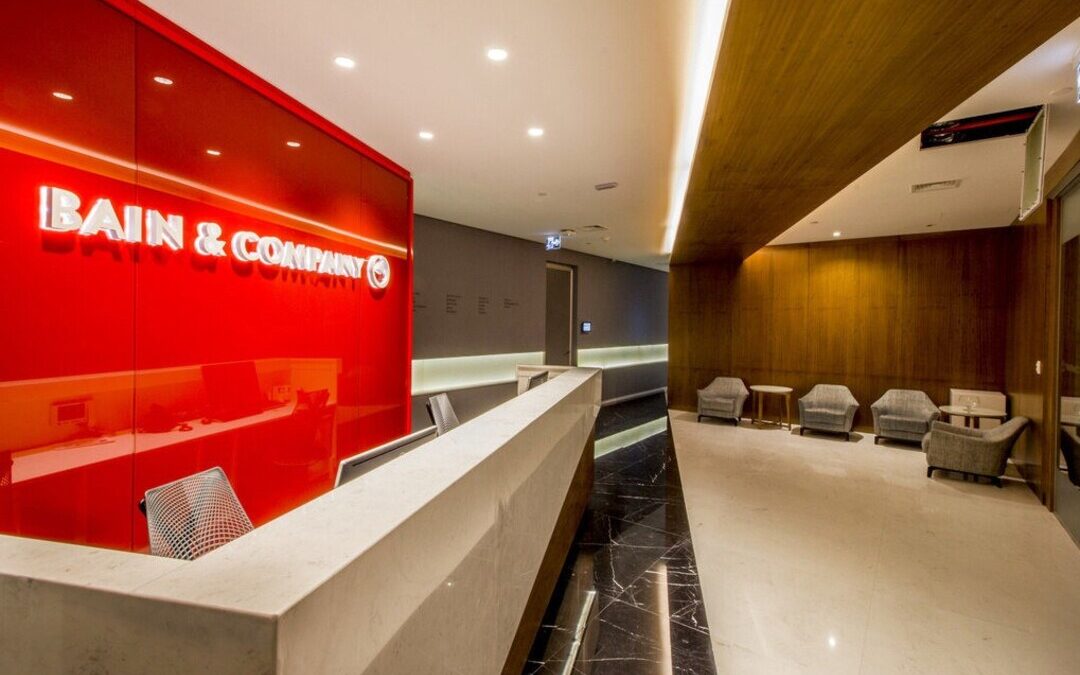CEOs, Buyers Push Ahead on Climate Action, Bain Sustainability Report Finds
CEOs and consumers continue driving value-driven climate action, shows Bain sustainability report 2025, despite global ESG backlash.
Global CEOs, consumers and business buyers continue to act on sustainability despite political and market headwinds, with new research from Bain & Co. showing companies are shifting from rhetoric to value-driven actions, according to the Bain sustainability report 2025.
Bain’s third edition of “The Visionary CEO’s Guide to Sustainability 2025” found that while CEOs talk less about sustainability than in prior years, they are taking concrete steps.
Analysis of 35,000 CEO statements between 2018 and 2024 showed a clear shift from moral framing to linking sustainability with business returns.
“We call this the ‘do-say gap,’” said Jean-Charles van den Branden, Bain’s global sustainability practice leader. “Today, CEOs may speak less, but their actions are stronger.”
Bain’s analysis found that 25 percent of global carbon dioxide emissions can already be profitably abated using measures such as energy efficiency, circular design and localized supply chains.
Another 32 percent could become profitable in the medium term, depending on policy, technology and consumer behavior.
AI Emerges as Double-Edged Tool
Artificial intelligence is becoming central to corporate sustainability efforts, with nearly 80 percent of 400 executives surveyed across nine countries saying they see high potential for AI to advance sustainability goals.
Applications include reducing waste, cutting energy use and improving workplace safety.
But Bain cautioned that unchecked AI growth could worsen climate risks. Its climate-economic modeling shows AI and data centers could generate 810 million metric tons of carbon dioxide annually by 2035, equal to 2 percent of global emissions and 17 percent of industrial emissions.
“Regions dependent on fossil fuels will see bigger emission spikes, while Europe’s faster shift to renewables will likely cushion the impact,” van den Branden said.
Business Buyers Tighten Supplier Rules
Corporate buyers are increasingly rewarding sustainable practices. In a survey of more than 750 B2B customers, half said they already allocate more spending to sustainable suppliers. Nearly 70 percent expect to raise that share within three years.
Among companies with above-average revenue growth, 90 percent said they believe sustainability will have a positive business impact in the next three years, regardless of local government policies.
Consumers Keep Adopting Sustainable Habits
Consumer commitment to sustainability remains strong. Bain’s survey of more than 14,000 people across eight countries found four out of five still care deeply about environmental issues.
Nearly a third report practicing six or more sustainable habits daily, up from previous years, and 70 percent want to add more.
Boomers have added more sustainable habits than Gen Z in the past three years, a trend Bain attributes to higher disposable income and greater lifestyle flexibility.
However, cost and information gaps remain barriers. While U.S. consumers say they are willing to pay a 13 percent premium for green products, the actual average premium is 28 percent, according to New York University data.
Nearly half of respondents also said they lack clear, comparable information about the carbon impact of everyday choices.
ChatGPT for Sustainability
Generative AI is playing a role in bridging this gap. More than half of users said they employ tools such as ChatGPT to live more sustainably, and about a third rely on them for eco-friendly product recommendations.
Despite rising scrutiny of ESG, Bain said the link between sustainability and business growth is strengthening. The Bain sustainability report 2025 concludes that leaders who stay focused, anticipate disruptions and act consistently are best positioned to capture long-term value.
“The message is clear — sustainability and business ambitions can grow in tandem,” van den Branden said.
Also Read:
Generative AI, Climate Investments Drive Optimism Among CEOs: PwC Report
Nirmal Menon
Related posts

Subscribe
Error: Contact form not found.


